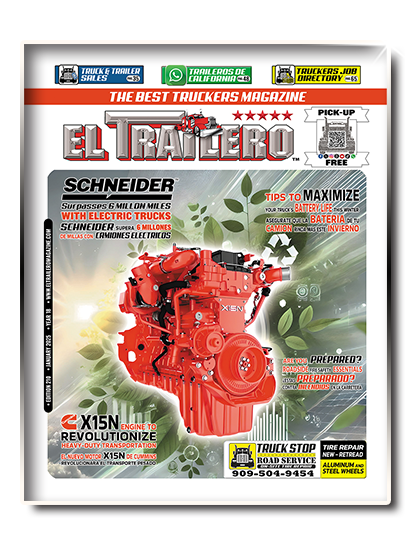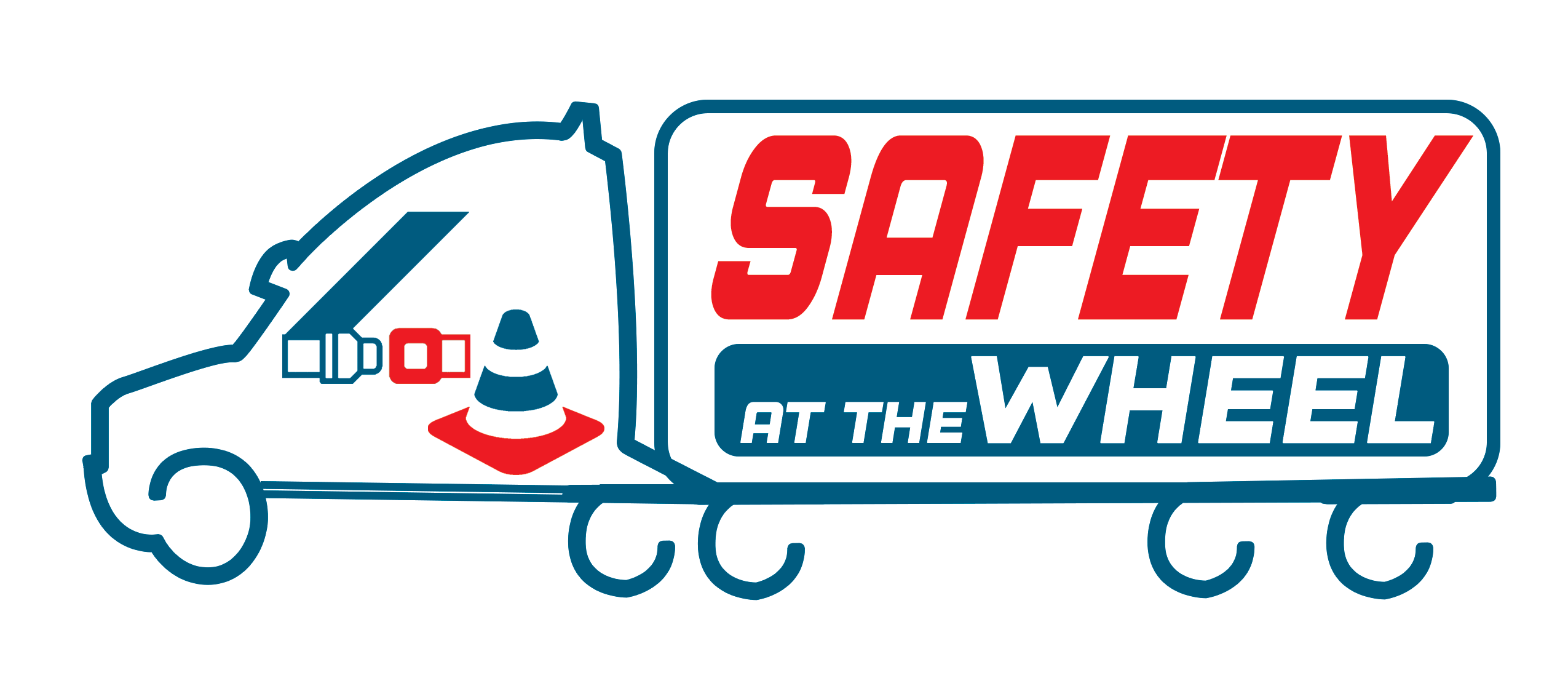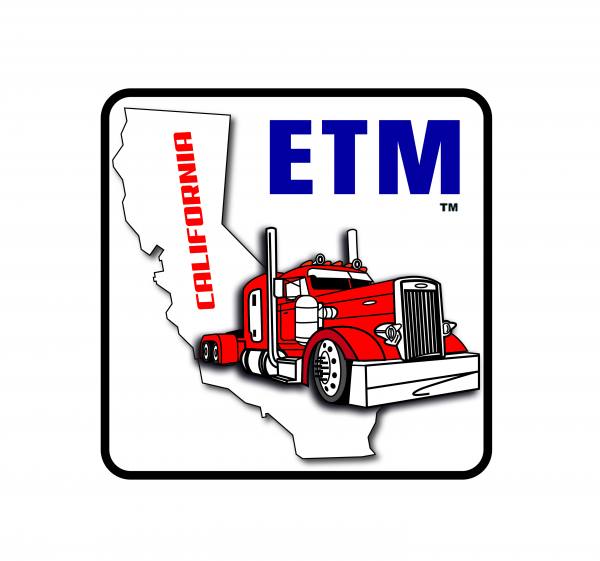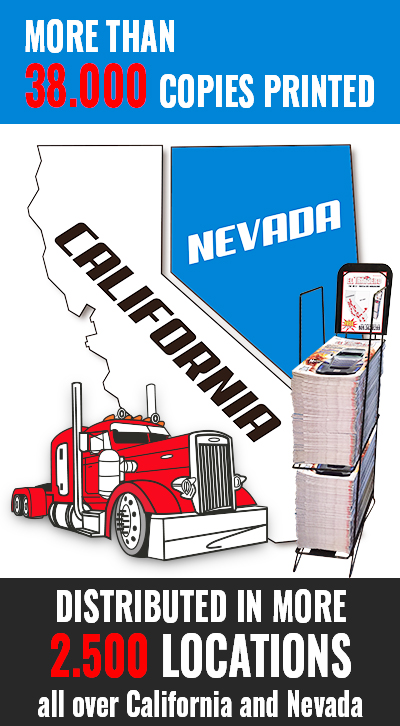 |
|
 |
Get our FREE |


One of the leading causes of accidents involving commercial vehicles on the road is improperly secured cargo. To prevent these incidents, the Federal Motor Carrier Safety Administration (FMCSA) has established clear and mandatory cargo securement regulations, applicable in California and across the United States.
These standards are outlined in Title 49 of the Code of Federal Regulations (CFR), Part 393, Subpart I, and aim to ensure that cargo remains stationary during transport, preventing shifts, tip-overs, or spills that could endanger both drivers and other road users.
What Does the FMCSA Require?
This includes checking tensioners, anchor points, and the condition of tie-downs.
Special Requirements for Certain Cargo
Consequences of Non-Compliance
Failure to comply with FMCSA securement regulations can result in fines, a loss of points during BIT inspections, and, in serious cases, vehicle immobilization.
Moreover, accidents caused by improperly secured cargo can expose drivers and companies to civil or even criminal liability.
Proper cargo securement is not just a legal requirement — it´s a fundamental act of professional responsibility.
Safety starts the moment the cargo is loaded onto the truck.
For years, federal Hours of Service (HOS) regulations have been viewed as a key tool for reducing commercial truck crash...
read more...Although low libido is often associated with age or medical issues, it is increasingly affecting young truck drivers&mda...
read more...The political conflict between U.S. Transportation Secretary Sean Duffy and California Governor Gavin Newsom escalated o...
read more...California’s push for its controversial “clean truck” regulations has just taken a devastating blow. A...
read more...

